Prime Minister Deuba is leading a five-party coalition government which includes CPN (Maoist Center), CPN (Unified Socialist) and Janata Samajbadi Party Nepal as its key allies, writes Santosh Ghimire
Prime Minister Sher Bahadur Deuba’s government completed one year in office on Wednesday, stemming the tide of instability which has rocked Nepal in recent years.
Deuba was appointed the country’s prime minister on July 13, 2021 following a landmark order of the Nepal’s Supreme Court which overturned the decision of the government led by KP Sharma Oli to dissolve the House of Representatives, the lower house of the bicameral parliament.
Deuba is leading a five-party coalition government which includes CPN (Maoist Center), CPN (Unified Socialist) and Janata Samajbadi Party Nepal as its key allies.
In a statement on Wednesday afternoon, the prime minister’s secretariat released a list of 42 achievements that the government made in the domestic and foreign policy fronts in the last one year.
“The present government successfully restored democratic norms and values by ending a political instability and misrule that the country saw during the reign of KP Sharma Oli,” the statement said.
In the statement, the conduct of local elections in May, tabling the Citizenship Bill in parliament last week, and the approval of the United States-initiated Millennium Challenge Corporation (MCC) Nepal Compact in February have been listed as some of the key achievements of the Deuba-led government on the domestic front.
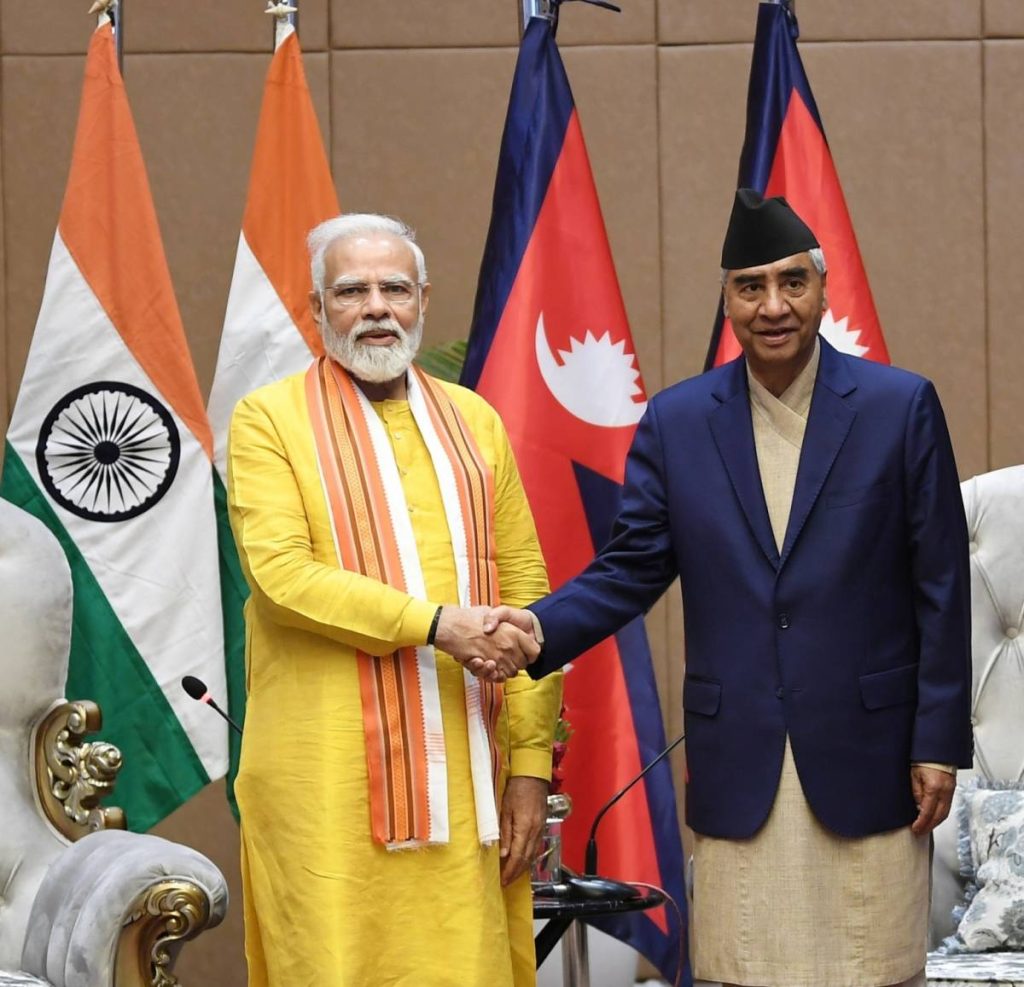
On the foreign policy front, the prime minister’s secretariat said that it has adopted a policy of further strengthening balanced ties with all countries including India, China and the United States.
“The government is maintaining a foreign policy that serves the country’s national interests,” read the statement.
While mentioning the country’s ties with India, the prime minister’s secretariat said that bilateral ties have been further enhanced by removing all mistrusts and misconceptions that surfaced in the past.
Indian Prime Minister Narendra Modi’s visit to Lumbini, the birthplace of the Lord Buddha, in May and Prime Minister Deuba’s visit to India in April have been included in the list of government’s achievements.
“We have started selling electricity to the Indian market after setting up a cross-border transmission line,” read the statement.
In the list, the government mentioned US officials’ visit to Nepal and Nepal Army Chief Prabhu Ram Sharma’s visit to Washington are also included. The list also includes Nepal’s decision to back away from the US Army’s State Partnership Program (SSP) which courted huge controversy in Nepal last month.
In matters pertaining to Nepal’s ties with China, prime minister’s secretariat reiterated the country’s commitment to the long-standing One China policy. Chinese Foreign Minister Wang Yi’s visit in May and Chinese Communist Party leader Liu Jianchao’s ongoing visit to Nepal are also listed as the government’s achievements.
Meanwhile, the main opposition, the Communist Party of Nepal (Unified Marxist Leninist) criticized the government for failing to control high inflation, growing unemployment and corruption. It also lashed out at the government for not being able to pursue a balanced foreign policy.
“Misrule, corruption, unemployment, high inflation and intolerance towards the opposition party have been the hallmarks of one year of the Deuba-led government,” chairman of the CPN (UML), KP Sharma Oli, said at a recent press conference in Kathmandu.
The government, which is facing economic hardships due to the depletion in foreign currency reserves after the Ukraine-Russia conflict, has planned to hold provincial and parliamentary elections in the single phase in November this year.
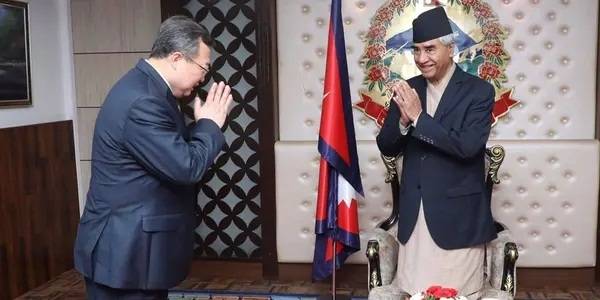
Avoids Debt trap
Nepal has conveyed to a visiting senior Chinese Communist Party official that the country only wants grants from China, not commercial loans for developing infrastructures under the ambitious Belt and Road Initiative (BRI).
Prime Minister Sher Bahadur Deuba made the remarks at a meeting with the visiting Chinese Communist Party (CCP) leader, Liu Jianchao, in Kathmandu, according to prime minister’s press adviser Govinda Pariyar who was present during talks on Sunday.
“PM Deuba told the Chinese leader that Nepal is not in a position to afford commercial Chinese loans for infrastructure building under the BRI because the national economy is already under stress due to several reasons including the depletion in foreign currency reserves. Therefore, Nepal wants only grant assistance from China in the coming days,” Pariyar told India Narrative on Monday evening.
On the occasion, Liu, who is the head of CPC’s International Liaison Department, urged Deuba to accelerate projects under the China-initiated BRI, an infrastructure initiative taken by Chinese President Xi Jinping to connect China with Asia, Europe and Africa.
The prime minister’s communication to Liu comes at a time when the Himalayan nation is expressing its unwillingness to move ahead with the cooperation under the BRI mainly owing to the fear that it may slip into a debt trap like another South Asian neighbour Sri Lanka, sources said.
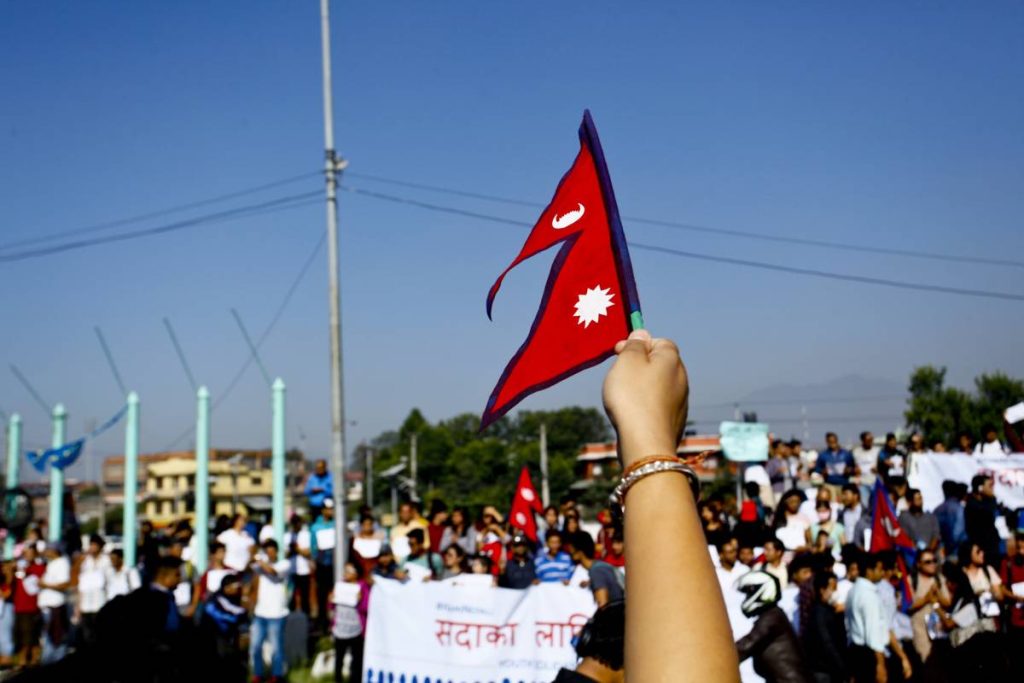
Nepali government officials also echoed the prime minister’s sentiment of opposing commercial loans from the northern neighbour under the BRI.
“Firstly, we prefer grants from China because we can’t afford high-interest rates associated with BRI loans with a relatively short payback period. Secondly, BRI projects are not open for competitive bidding thereby lack financial transparency,” a senior government official at Nepal’s Ministry of Finance, told Indian Narrative in a brief conversation. He said that Chinese loans constitute three per cent of Nepal’s total foreign loan portfolio.
China often extends loans to other countries in commercial terms via the EXIM bank, Asian Infrastructure Investment Bank (AIIB) and the Silk Road Fund. Nepal is also one of the founding members of the China-initiated AIIB.
Mrigendra Bahadur Karki, a geopolitical analyst and an assistant professor at the state-run Tribhuvan University, believes that Nepal is unlikely to move ahead with BRI projects at least until the general elections which are scheduled to take place in November this year.
“Nepal’s preference to grant over loans also may not help projects under the BRI to take off. The country has a long experience of taking loans from multilateral agencies like the World Bank, where interest rates are relatively low and payback periods are long,” he said.
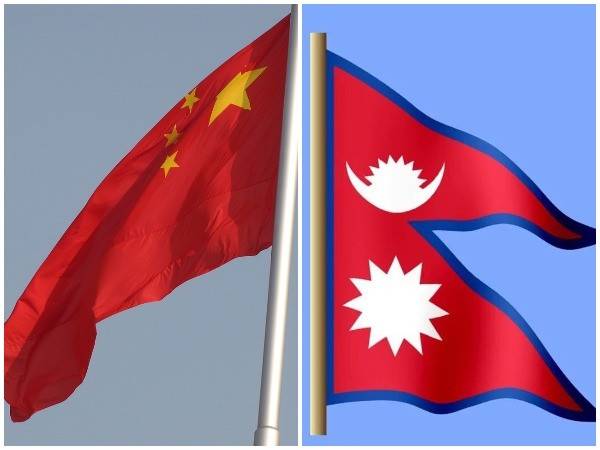
A key component of the BRI is the much-hyped Trans cross-border Nepal-China railway which has been also an integral part of the Trans Himalayan Multi-Dimensional Connectivity Network proposed by China.
Nepal and China, during the visit of Chinese President Xi in October 2019, had agreed that “Nepal and China will take the Belt and Road Initiative as an important opportunity to deepen mutually beneficial cooperation in all fields in a comprehensive manner, jointly pursue common prosperity and dedicate them to maintaining peace, stability, and development in the region.”
Although Nepal seems reluctant to go ahead with the BRI, China has kept nudging Nepal on different occasions for the same. Most recently, the project-selection under the BRI was among the top agenda items when China’s State Councilor and Foreign Minister Wang Yi visited Nepal in March this year. During the visit, the two countries also signed nine separate bilateral agreements including technical cooperation on cross-border railway. However, the Ministry of Foreign Affairs of Nepal, which issued a statement on the same occasion, did not mention anything on BRI projects.
Contrarily, after Wang’s visit, a statement from the Chinese Ministry of Foreign Affairs, stated that the past several years witnessed gratifying progress in Belt and Road cooperation between China and Nepal.
“China is ready to advance the key cooperation projects between the two sides at a faster pace, ensure the smooth running of land ports between the two countries, explore cross-border cooperation in electricity, diversify and expand channels for economic, people-to-people and cultural exchanges, and build the Trans-Himalayan Multi-Dimensional Connectivity Network to make the Himalayas a bond of friendly cooperation between the two countries,” the statement added.
(The content is being carried under an arrangement with indianarrative.com)
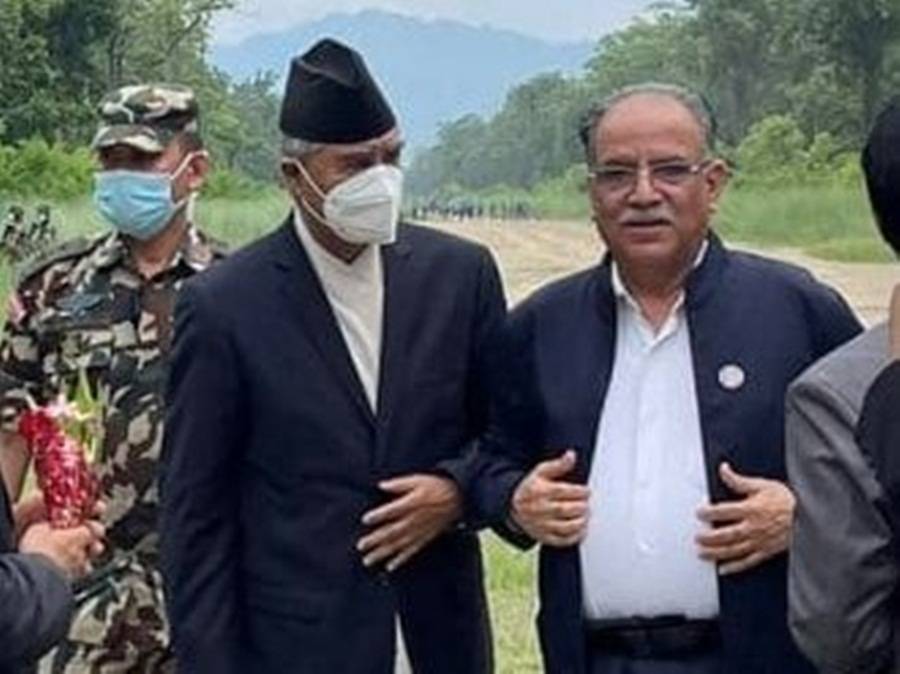
Leave a Reply